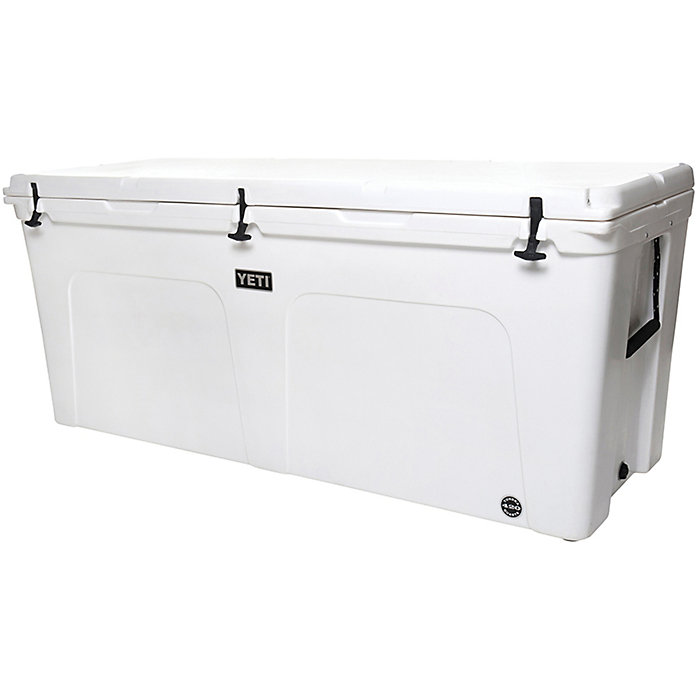
Снегоход BRP Lynx Yeti Pro 550, 2007, 553 куб. см. 2х тактный, с пробегом, исправен, 350 км, утилитарный. Цена: 800 000₽ в Тюмени

Drive Belt For Lynx Yeti 550 600 Pro Suv 550 Tuv 600 Ho Sdi V-1300 V-800 Expedition Tuv V-1300 - Drive Belts & Parts - AliExpress

Lynx Yeti 550 F BRP Snescooter til salgs. På Retrade kan du kjøpe brukte maskiner, utstyr, kjøretøy og annet overskuddsmateriell online. Gi bud nå!

Lynx 59 Yeti 550, 2012-mod. for sale. Retrade offers used machines, vehicles, equipment and surplus material online. Place your bid now!

Drive Belt For Lynx Yeti 550 600 Pro Suv 550 Tuv 600 Ho Sdi V-1300 V-800 Expedition Tuv V-1300 - Drive Belts & Parts - AliExpress






















